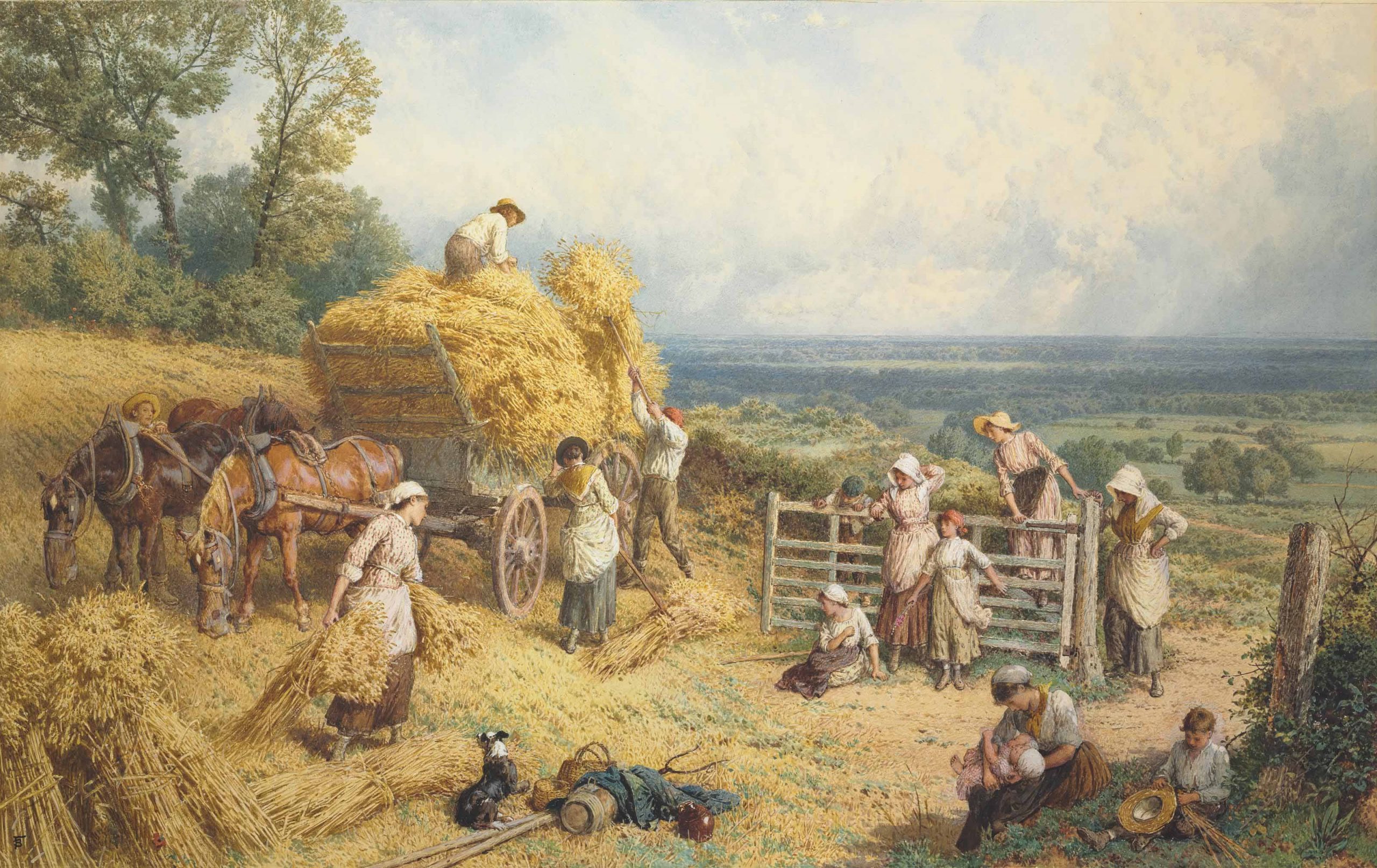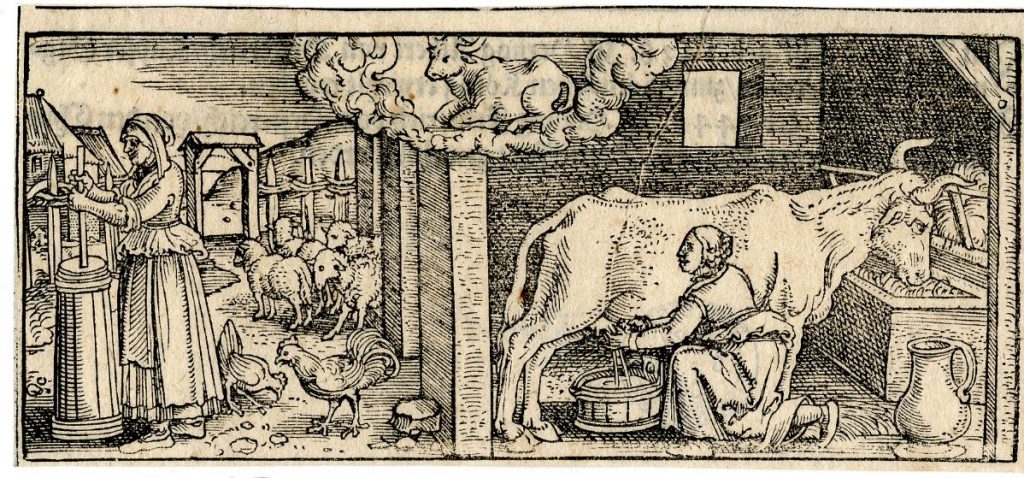Credit Networks of Married Women in the Early Modern Rural Economy
Hannah Robb
When I was invited to contribute to the workshop ‘Networks, Behaviour and Strategies in Early Financial Markets’ at Stockholm University I was in the midst of research, reading thousands of depositions from church courts in the north, east and south west of England. At the time I had just finished reading a detailed case outlining the financial networks of a professional money lender, Thomas Emmenson, an official in the church court in the bishopric of Cleveland in north east Yorkshire who I have written about on this blog series before; Money lending; ‘a notorious usurer’. Emmenson had lent large sums of money at interest and had been facilitated in his lending by other professionals in the court; public notaries and curates. The depositions were detailed and recalled the interest charged, the relationships forged through kin networks and the location of creditors and debtors. Buoyed with confidence I felt sure the depositions would produce multiple Thomas Emmensons and a network of creditors operating in the credit economy would emerge in the project database. Yet Thomas Emmenson was a unique case in the court records. Aside from a handful of incidental mentions of money being ‘bought’ for a ‘groat more than its value’ or claims to having money out on loan for interest there are, in the database, few mentions of professional money lenders or the networks through which they operated. The project, ‘Forms of Labour; Gender, Freedom and Experience of Work in the Preindustrial Economy’, now has a database that has amassed a total of 9,650 examples of work described in the depositions recorded following a verb oriented method; 2115 associated with commerce, 331 relating to financial management and 77 instances of pawning. (More about the project and our research can be found here) What then could the database tell us about credit networks in rural early modern England?
Continue reading

